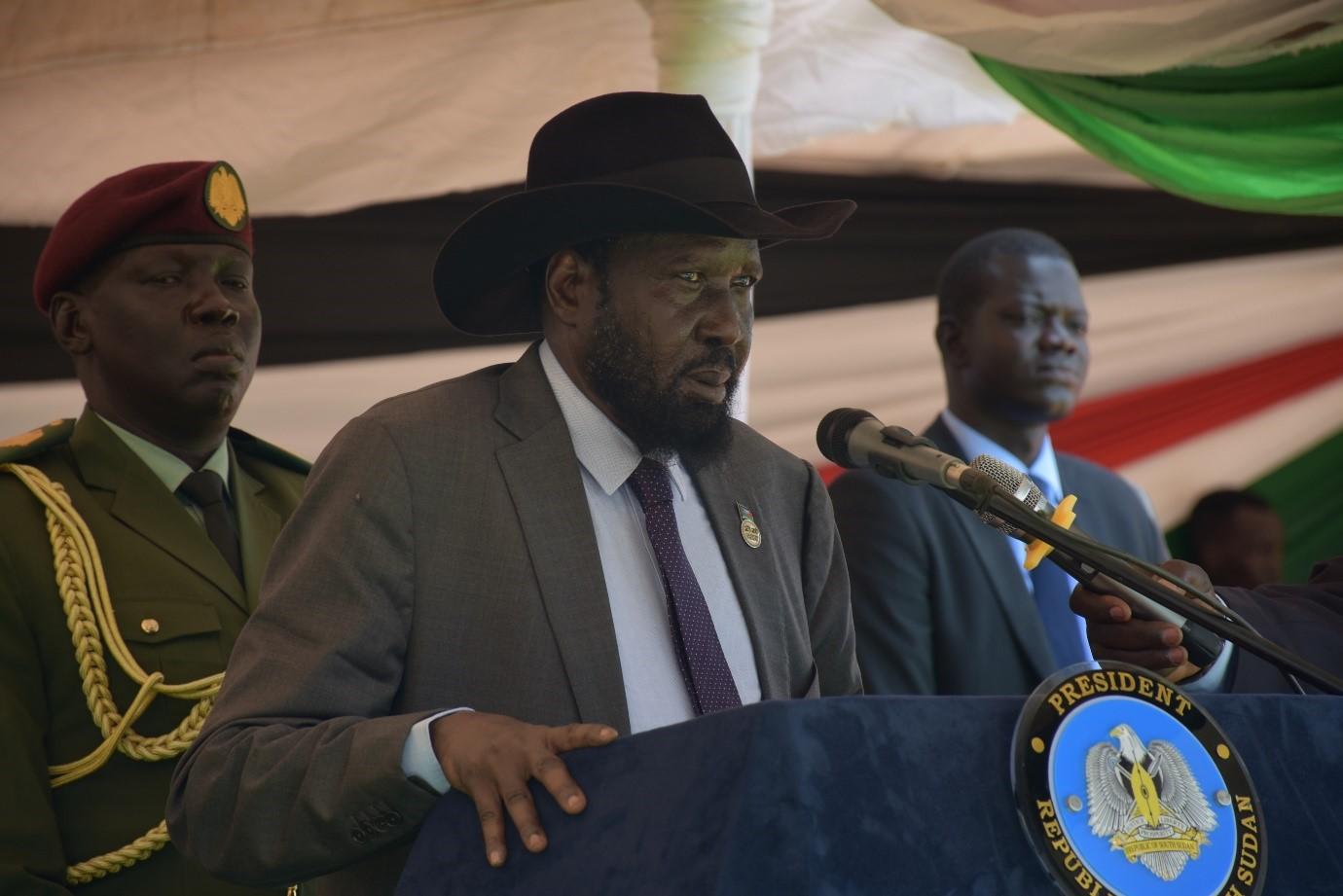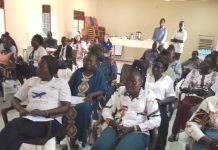Africa-Press – South-Sudan. Members of Parliament has told President Salva Kiir to quickly address the deteriorating economic situation in the country.
This is after the value of the South Sudanese Pound (SSP) depreciated further against the dollar. A dollar is now trading at SSP500 as of last week, driving up the commodity prices up and the living standard beyond reach for ordinary citizens.
In residential neighbourhoods near the River Nile, a drum of water now costs SP800, up from the previous SSP 700. The price of gasoline has risen to SSP 700 per litre, and the transport cost from Munuki to Juba Town, for example now costing SSP 400.
In an exclusive interview with The City Review, Bol Joseph Agau, a Democratic Movement (NDP) Party MP in the TNLA described the current economic crisis as a “national disaster” that needs to be addressed by the head of state.
“The public has been waiting for the head of state to clearly state what the next position the country should take after it [was ] known that the country has sold the oil until 2027.
“What is the next move that the government should make so that the civil servants have hope that one day they will get paid?” Bol asked.
He added that the “economic insurgency has to be addressed because it is killing people in silence.”
He said the citizens are expecting the government to come up with a proper economic policy to avert the situation.
“The downturn has shown that the country is in crisis: a real political crisis and national insecurity.” This is where we need the government to speak to the public about the next move.
Bol said if it was to be something to do with insecurity, the government would have taken stern measures to resolve it.
Bol’s sentiments were echoed by Juol Nhomngek Daniel, who said the country is in a deep economic crisis.
“But we have not yet understood because the country has money but we don’t know where the money goes.”
Nhomngek sympathised with the civilians, including the organized forces, who he claimed are poorly paid.
“They are on the brink of starvation because their families are not being treated, their children are not going to school, and they are not benefiting.”
“As members of parliament, we are speaking here. We are not inciting the population to raise their voice, but we are telling them to ask their representatives where the money is. With that, if the government officials know that the citizens are aware, they will be able to work, “Nhomngek said.
Nhomngek suggested for the assembly’s leadership should summon those in control of the country’s resources to explain to the legislators where the economy’s problems were to prevent the situation from deteriorating further.
“Even on Sunday, we can sit. They should call an emergency meeting. The cost of fuel is now going up to SSP1,000. It is now SSP 750. The cost of transportation is rising, and citizens do not have enough money.”
“We need to make sure these people release the resources so that the country runs,” he added.
Meeting held
The complaints came after President Kiir met with the economic cluster, chaired by Vice President Dr James Wani Igga, on Thursday to discuss issues such as rising costs of fuel and commodities in the market, delays in paying civil servants’ wages, increased oil output, and much more.
Speaking to the state-owned media, South Sudan Broadcasting Cooperation, the ministers of petroleum and finance said they were looking for some crude oil cargo to sell to pay civil servants’ six-month salary arrears, particularly the organised forces.
Bol, however, claimed the two ministers did not specify where the money to pay civil servants’ salaries would come from and that they should notify the public whether the money would come from sold cargo or presold cargo, or another one that they would sell.
“Those assurances are not tangible exactly when there will be money because the famine that has struck this country does not have time to wait.
“There are goods in the markets but there is no money in the hands of civil servants to buy goods…there is no money even for MPs to buy food,” he said.
For More News And Analysis About South-Sudan Follow Africa-Press






